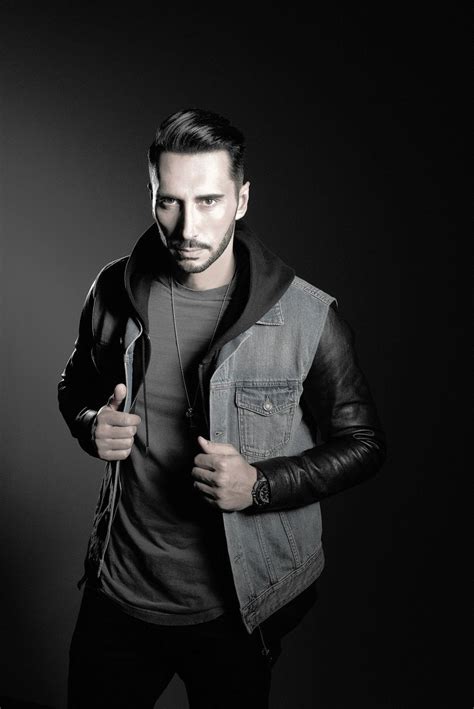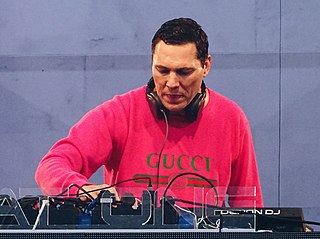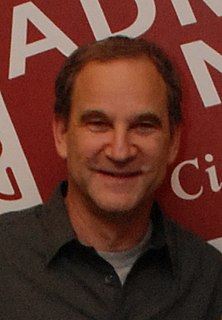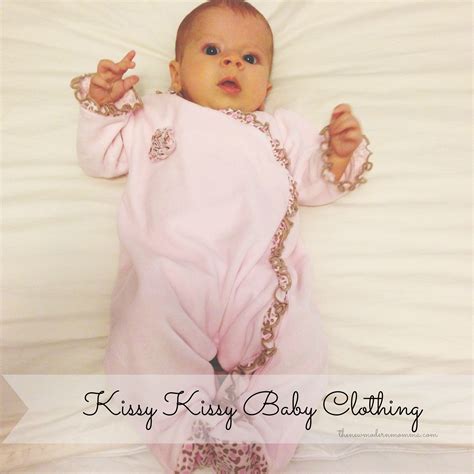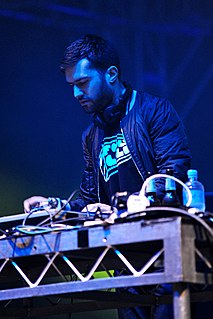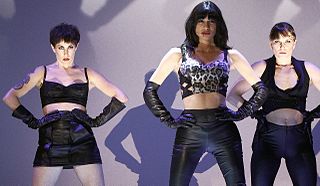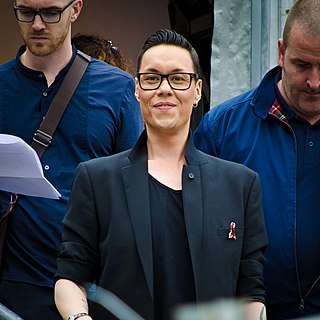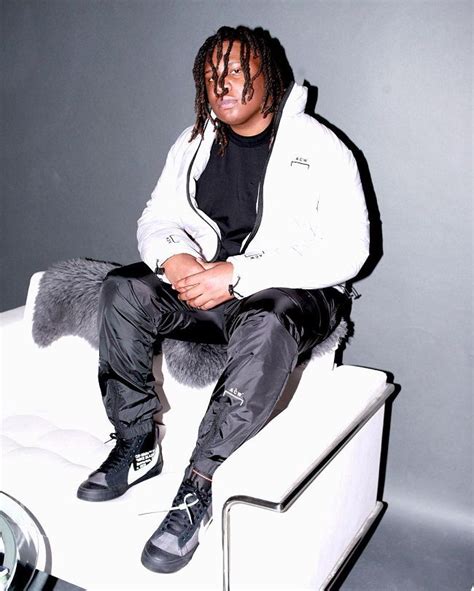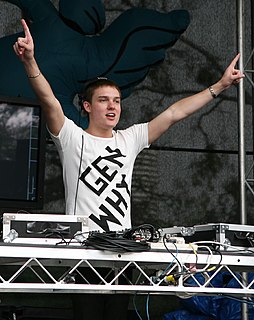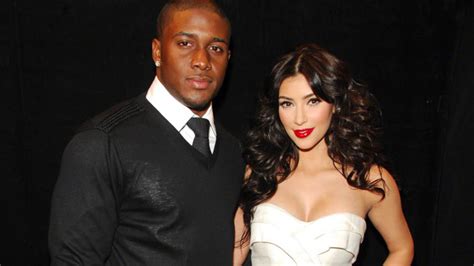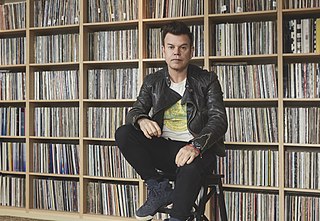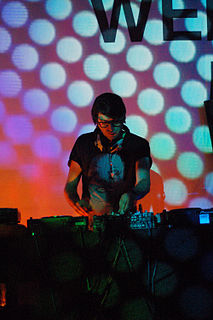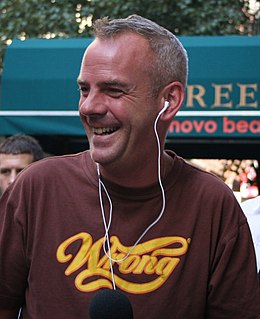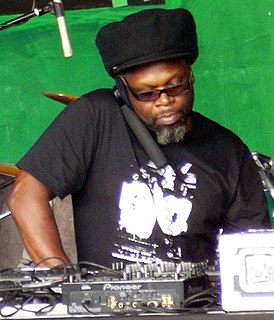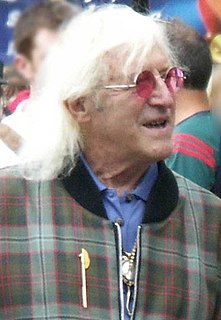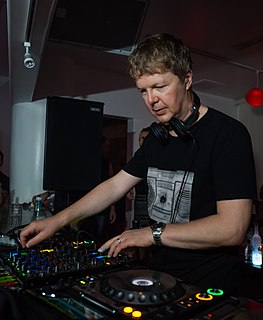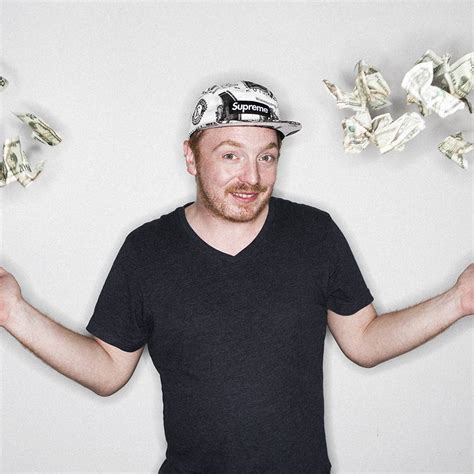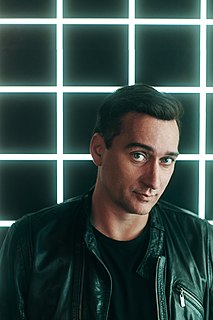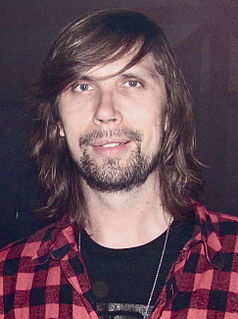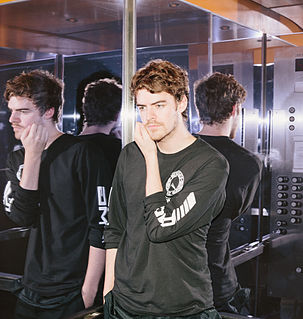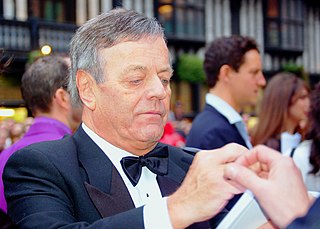A Quote by Cedric Gervais
Most producers today are little bedroom producers and then they get their record and get signed by an agency and go on the road, but they have no idea about DJ-ing. They have no culture about where that music comes from and they just stand behind the booth, put their hand in the air, and play all the hits.
Related Quotes
I started spinning house and R&B. I was taught how to DJ from house producers, so it was mostly house music in the beginning. But then sometimes people can get a little tired of hearing the same four-four beats all the time, so if you throw a little R&B in there as well, it gives people a little breather. That's the way I was DJing then when I learned how to spin. That was my introduction to house music in general, which was eye opening for sure.
I'm working on a script right about Civil War re-enactors who go back in time to the actual Civil War. It's kind of a big, crazy Back to the Future comedy. So, of course, it's the Civil War - I play the banjo. I was just having a conversation with one of the producers about some of the material and he was like, 'You know, we have to work in a scene where you play the banjo. And I was like I'll get behind that.
I've been a DJ since I was about 13, and I started out as a hip-hop DJ. So I was always playing records that would just get people going. I was just doing parties and high school dances and whatever, and then, progressively, I started making my own music, writing little songs here and there, but it was never anything crazy.
I get advice from all the producers who have come out of Memphis. They just give me advice on the business side, because that's most important besides the actual music. Just staying at a point I know I can't mess myself up. I just got to be put up on game about it. Drumma Boy and Memphis Track Boy taught me a lot.
